Lunar New Year is a time when food safety risks increase, especially the risk of food poisoning due to a sudden increase in consumer demand. In this situation, the health sector has implemented inter-sectoral inspections and checks to help ensure food safety and prevent food incidents for the people.

The interdisciplinary inspection team conducts food safety inspection at a market stall - Photo: PT
Following the guidance of the Provincial Interdisciplinary Steering Committee on Food Safety and Hygiene, Interdisciplinary Inspection Team No. 1 chaired by the health sector inspected compliance with food safety laws at food production, trading and processing establishments in the districts of Cam Lo, Dakrong, Huong Hoa, Quang Tri town and Dong Ha city.
The objective of this activity is to ensure food safety in food production, processing and trading, limit food poisoning during the Lunar New Year and Spring Festival 2024; evaluate the state management of food safety at all levels and sectors from the provincial, district to communal levels and compliance with food safety laws for food production and trading establishments and catering services; promptly detect, control and strictly handle acts of producing and trading fake and poor quality food. At the same time, mobilize media channels to promote information and propaganda to producers, traders and consumers in ensuring food safety.
Mr. Hoang Dinh An, Head of the Quang Tri Food Safety Sub-Department, said: "The interdisciplinary team chaired by the health sector focuses on inspecting establishments selling essential goods for Tet such as supermarkets, wholesale markets, craft villages... The goal is to promptly detect and strictly handle cases of violations of regulations on ensuring food safety, trading in counterfeit goods, goods of unknown origin, expired goods to protect the rights of consumers and ensure the health of the people."
The interdisciplinary delegation inspected the implementation of food safety regulations in food business and processing, administrative procedures such as business licenses, food safety certificates, stamps, labels, etc.
After the first phase of implementation, the team conducted rapid tests on 66 food samples at 30 stalls selling ham, seafood, and groceries in the markets and all results were negative.
Of the 6 inspected production and business establishments, 2 were found to have violated the regulations. The delegation recommended administratively sanctioning 1 establishment with a fine of 2 million VND; and requested the temporary suspension of 1 bread production and business establishment due to failure to ensure food safety and hygiene conditions.
In addition, the delegation also sent 5 samples for testing including melon seeds, coconut jam, vermicelli, and Laotian rice flour and is awaiting results from the Central Testing Institute. Along with the inspection activities, the interdisciplinary delegation has coordinated well the propaganda and education of legal knowledge on food safety to facility owners, producers, traders, and consumers to raise awareness and consciousness of the community in complying with regulations on ensuring food safety, preventing food poisoning incidents.
Ms. Nguyen Thi Ngoc Oanh, a trader at Quang Tri town market, shared: “I have been selling ham for 25 years now, I sell 7-8 kg of ham a day, and on Tet holiday I can sell up to 10-15 kg. To ensure food safety, I only use additives as recommended by the health sector, and do not use preservatives to ensure the health of consumers. Therefore, our products are trusted by customers.”
It is expected that the Interdisciplinary Food Safety Inspection Team will continue to conduct the second round of inspections near the Lunar New Year. Through the inspection, it is aimed at early detection, prevention and timely handling of the production and trading of fake and poor quality food, ensuring the rights of consumers and the development and healthy competition between food production, processing and trading establishments.
Phuong Thao
Source


![[Photo] General Secretary attends special art program "Spring of Unification"](https://vstatic.vietnam.vn/vietnam/resource/IMAGE/2025/4/29/e90c8902ae5c4958b79e26b20700a980)
![[Photo] Prime Minister Pham Minh Chinh meets to prepare for negotiations with the United States](https://vstatic.vietnam.vn/vietnam/resource/IMAGE/2025/4/29/76e3106b9a114f37a2905bc41df55f48)

![[Photo] Hanoi is brightly decorated to celebrate the 50th anniversary of National Reunification Day](https://vstatic.vietnam.vn/vietnam/resource/IMAGE/2025/4/29/ad75eff9e4e14ac2af4e6636843a6b53)
![[Photo] Ho Chi Minh City: People are willing to stay up all night to watch the parade](https://vstatic.vietnam.vn/vietnam/resource/IMAGE/2025/4/29/cf71fdfd4d814022ac35377a7f34dfd1)
![[Photo] Nghe An: Bustling atmosphere celebrating the 50th anniversary of Southern Liberation and National Reunification Day](https://vstatic.vietnam.vn/vietnam/resource/IMAGE/2025/4/29/64f2981da7bb4b0eb1940aa64034e6a7)
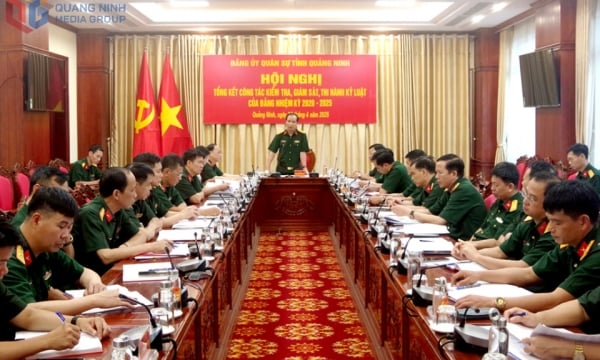
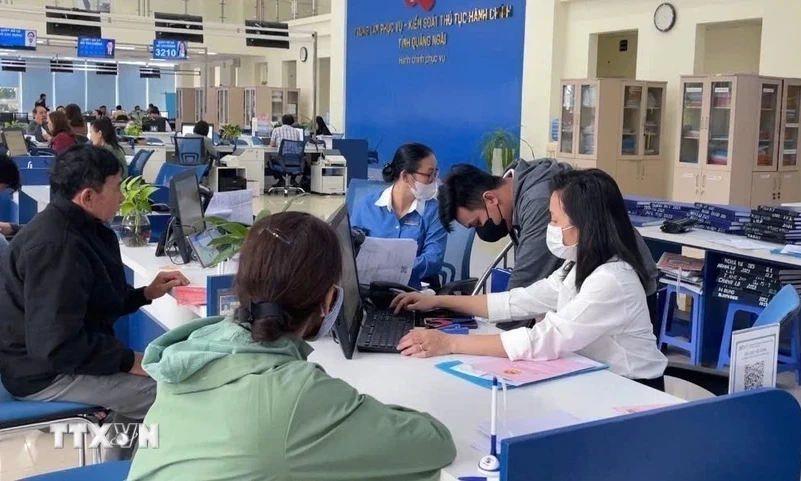
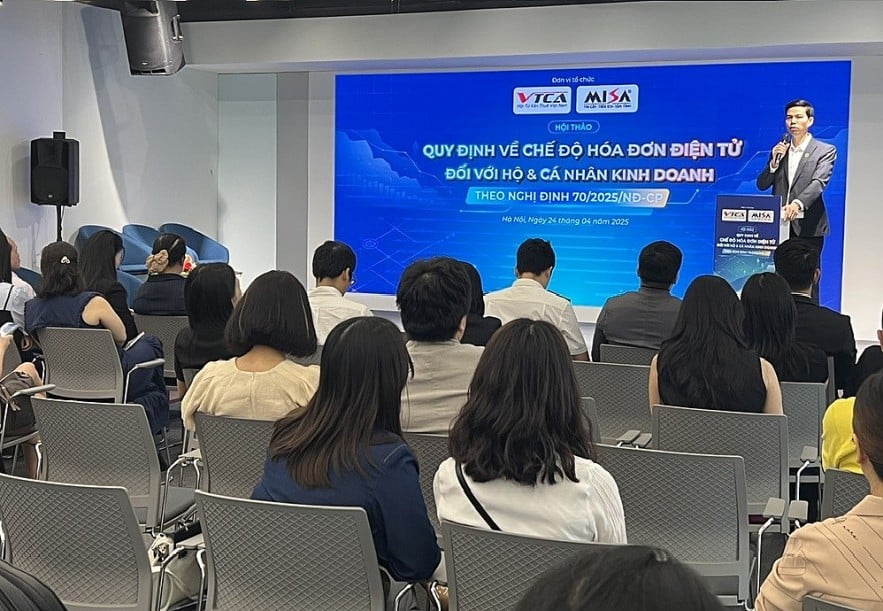


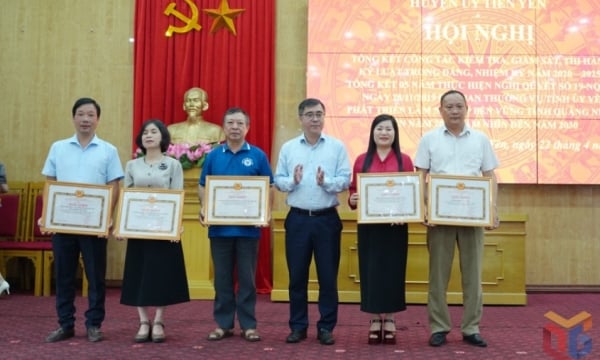
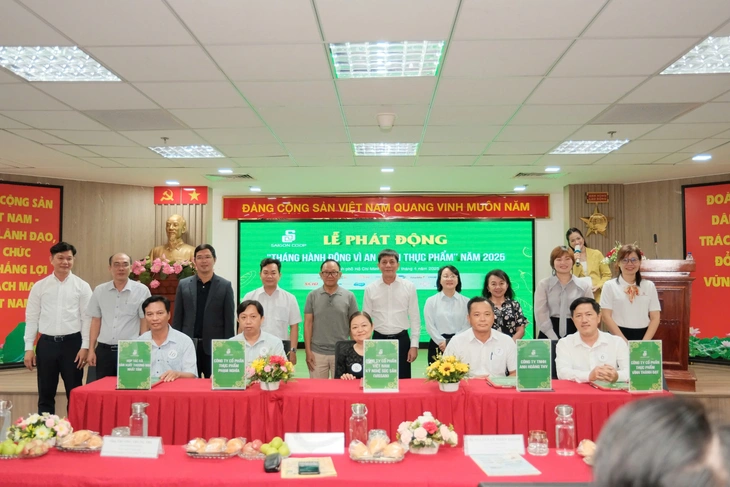


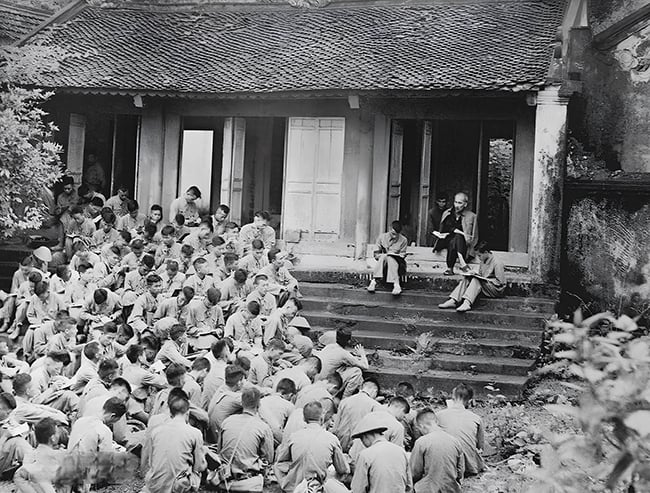
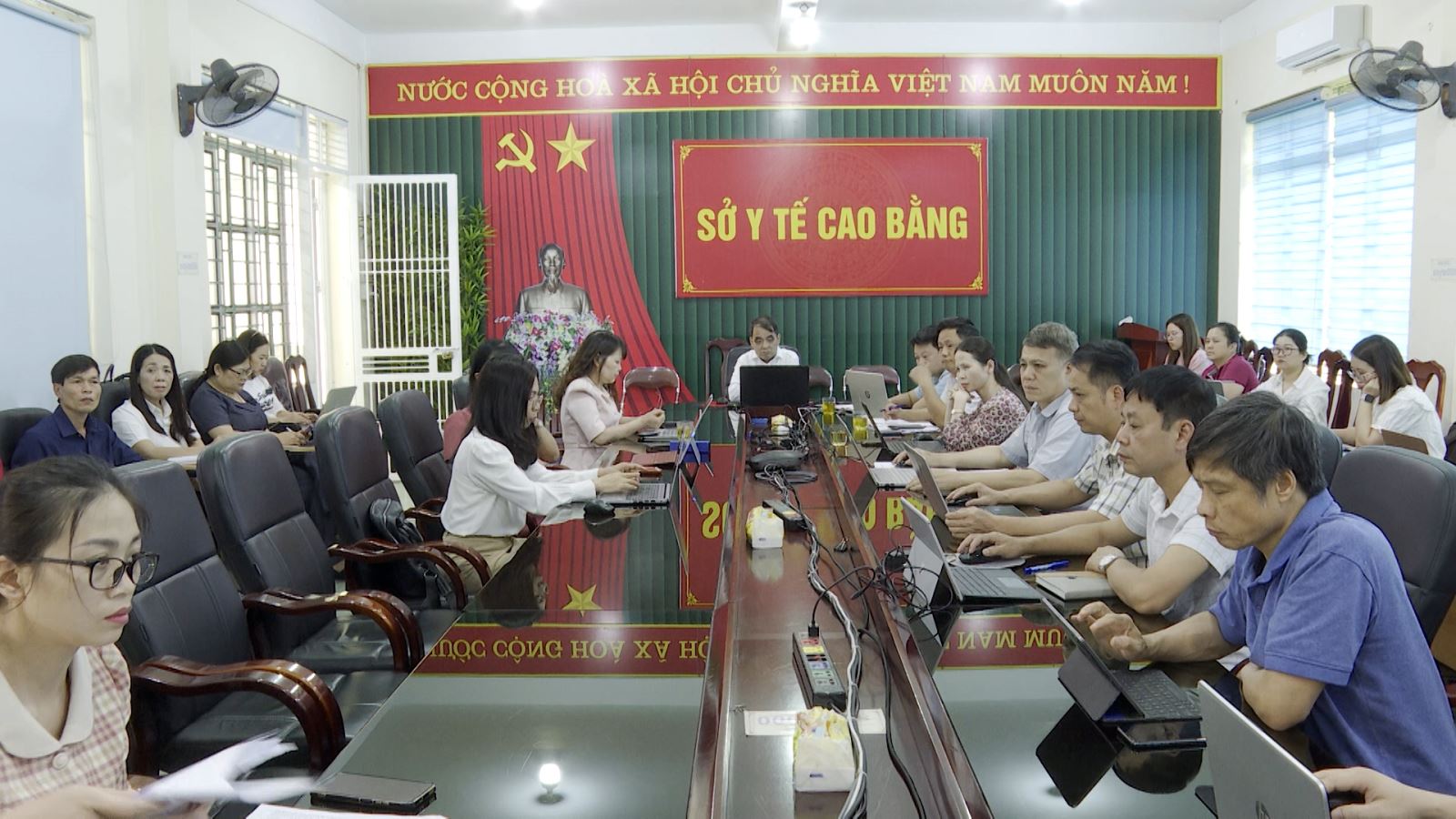







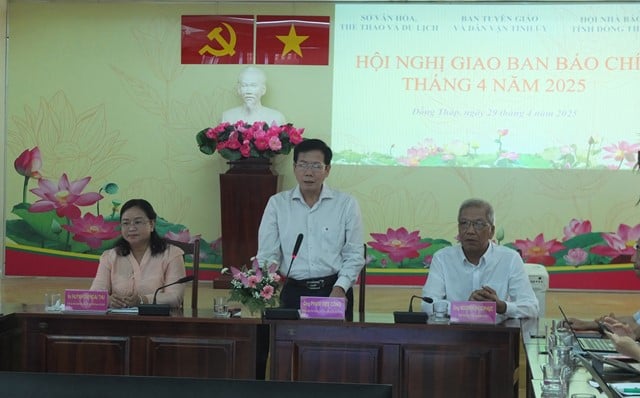

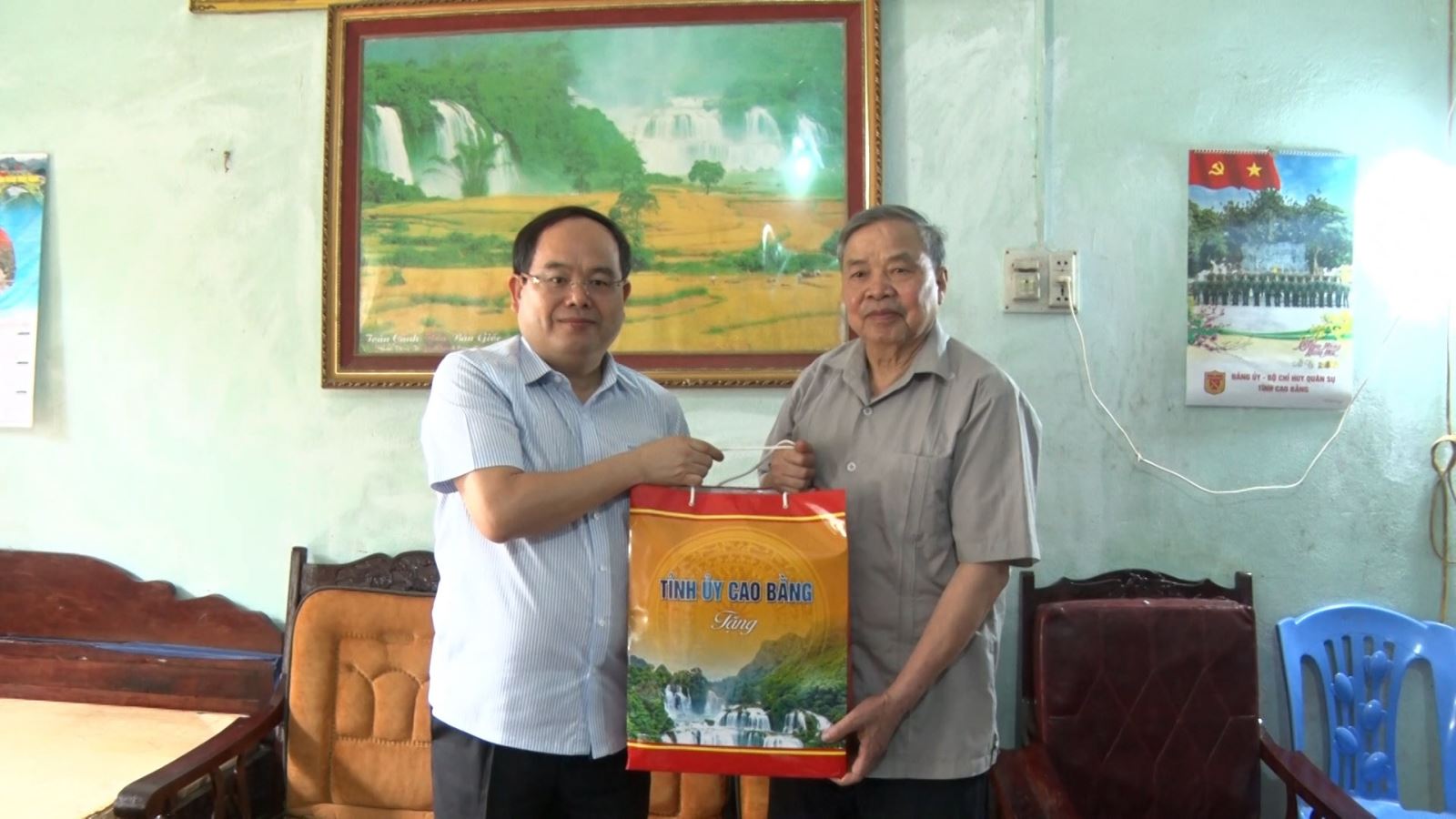


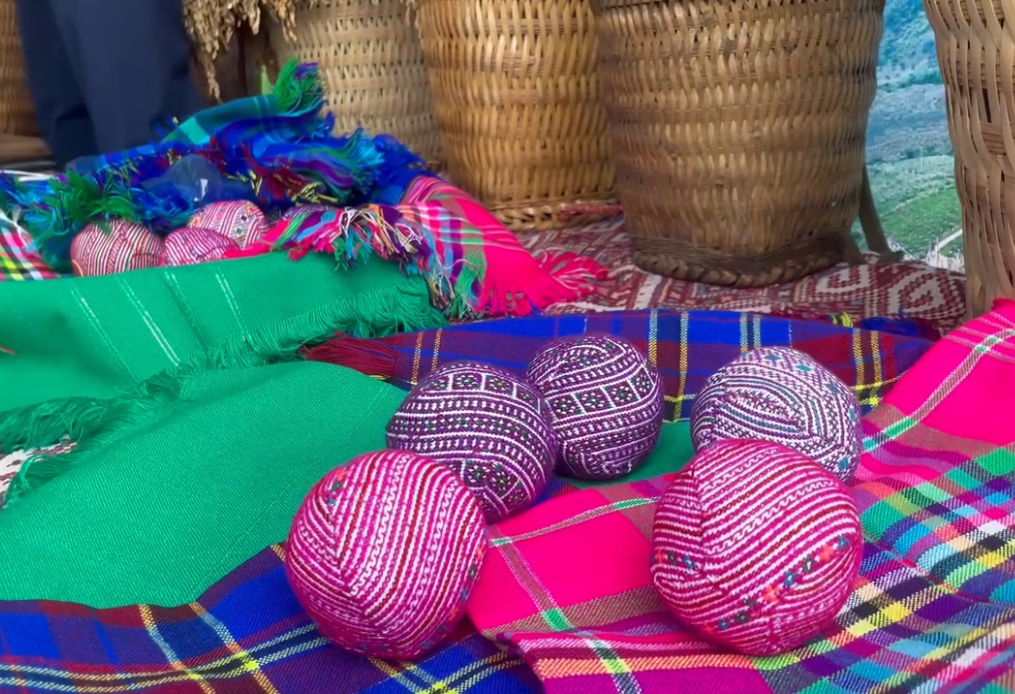
![[Photo] People choose places to watch the parade from noon on April 29](https://vstatic.vietnam.vn/vietnam/resource/IMAGE/2025/4/29/3f7525d7a7154d839ff9154db2ecbb1b)







































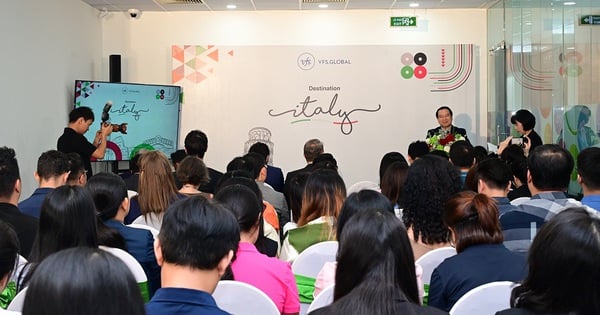

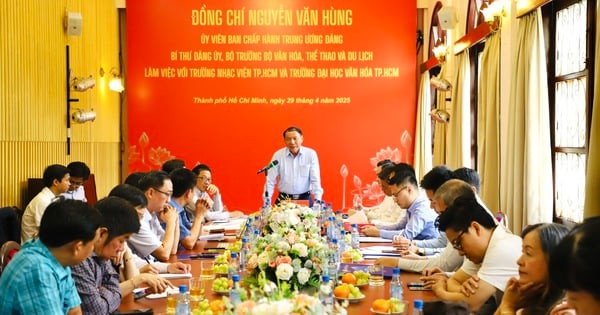

















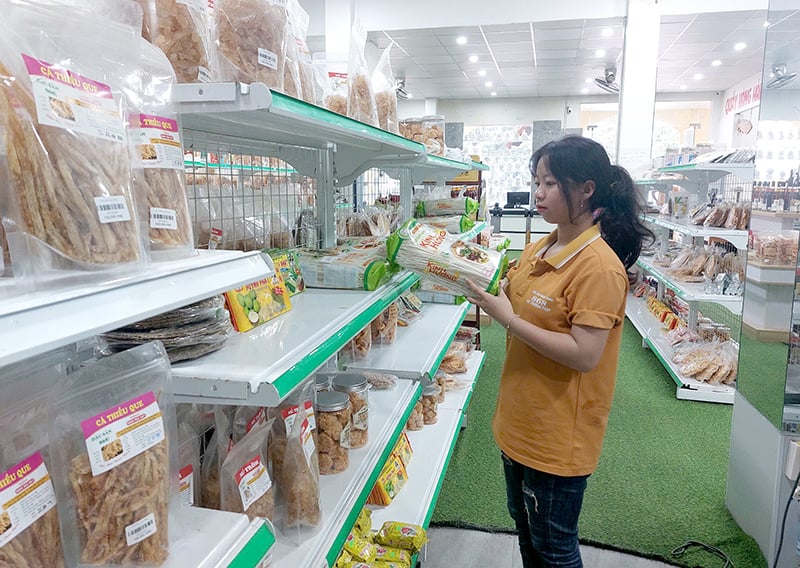

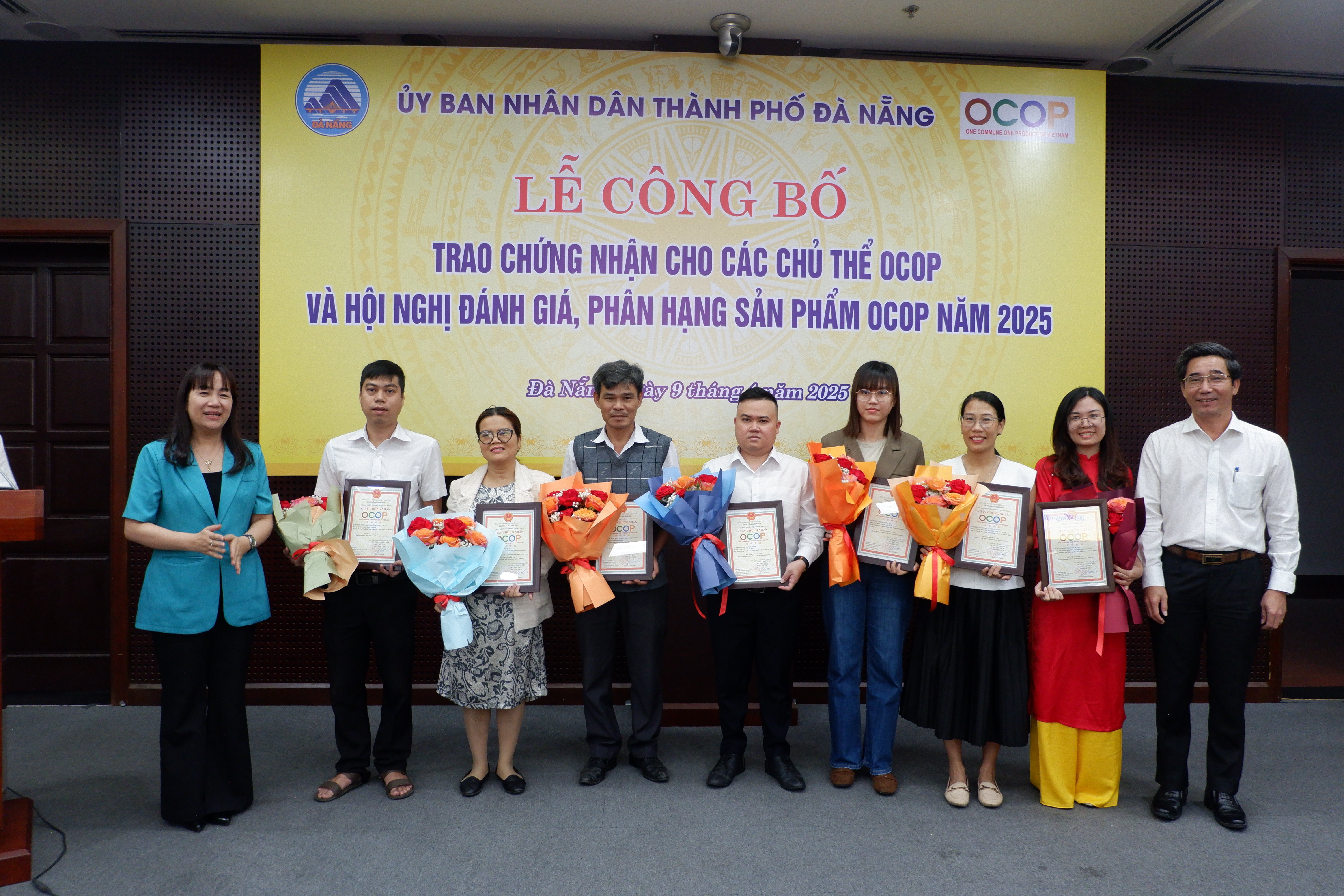

Comment (0)